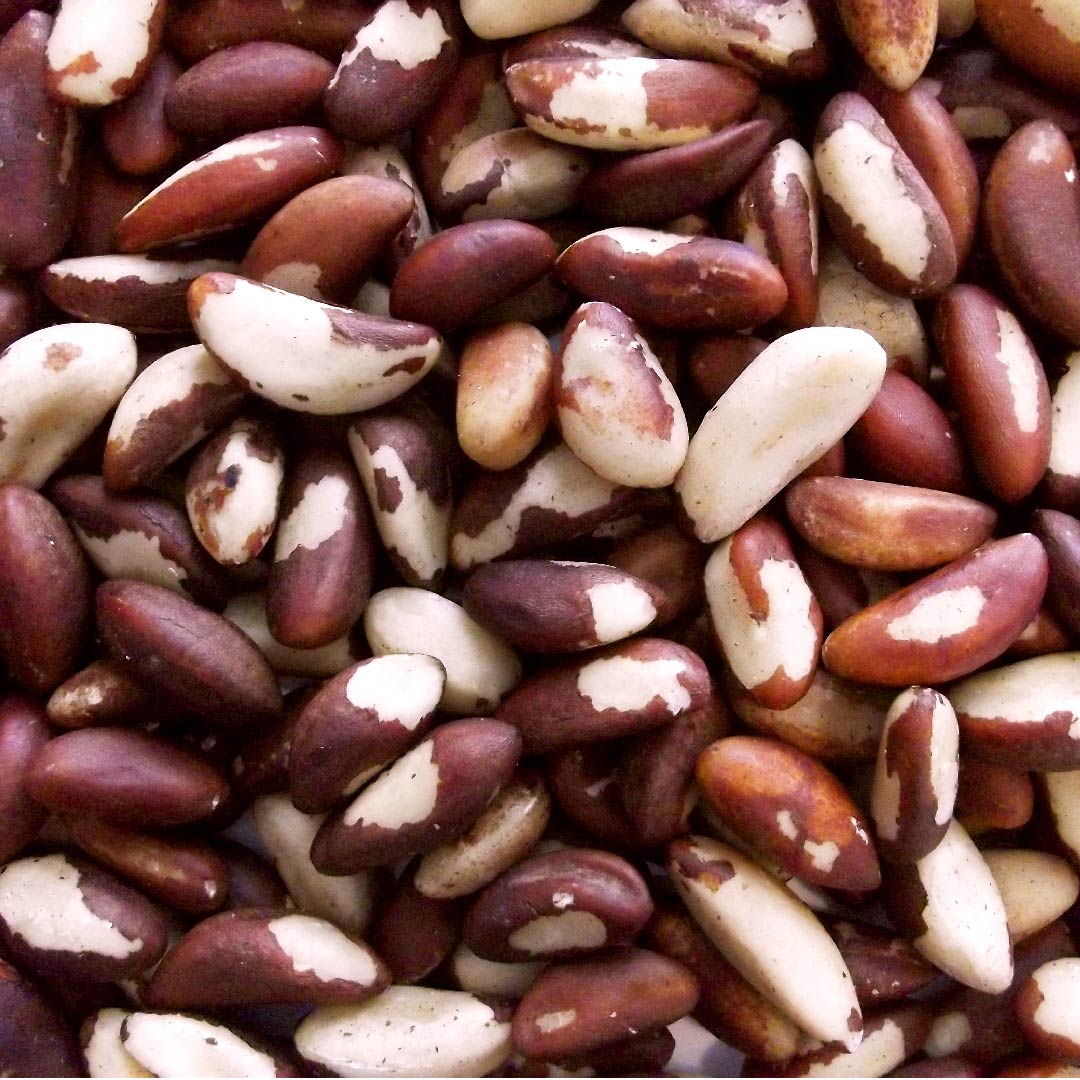Selenium
Back to ingredients
Food Source: Nuts (especially Brazil nuts), bread, sunflower seeds, brown rice, chickpeas, beans, broccoli, spinach and mushrooms. Also meat, fish, shellfish and eggs.
Benefits of Selenium
- Mental performance
- Healthy hair and nails
- Hormone function
What is Selenium?
Selenium is an important mineral for the immune system, reproduction and preventing damage to cells and tissues. It also helps maintain healthy hair and nails and is necessary for the use of Iodine in thyroid hormone function.
Selenium is a powerful antioxidant. This means that it ‘scavenges’ and neutralises harmful ‘free radicals’. If free radicals build up in the body they can cause inflammation and damage to cells. One area that is vulnerable to inflammation from free radicals is your skin and hair. Selenium, by managing the levels of free radicals, supports the longevity of your hair and helps maintain a healthy scalp, as well as keeping skin cells healthy on your scalp. Along with other vitamins and minerals, Selenium plays an important role in hair follicle development, a lack of which may be a risk factor for hair loss. We’ve compiled the ‘Best foods for hair loss & thinning’ and you may enjoy reading the ‘Ultimate advice for hair loss, from an expert nutritionist’.
Selenium is also studied for improving the symptoms of an overactive thyroid, by helping our bodies use Iodine. You may also enjoy reading ‘Best foods for thyroid health’ and ‘Vitamins for an underactive thyroid’.
Minerals like Selenium also play a role in our mental state, where low intake can lead to low mood states. The opposite is found when Selenium intake is increased, with studies showing people experiencing improved moods, and showing Selenium being helpful in stabilising mood swings that are experienced during menopause.
















